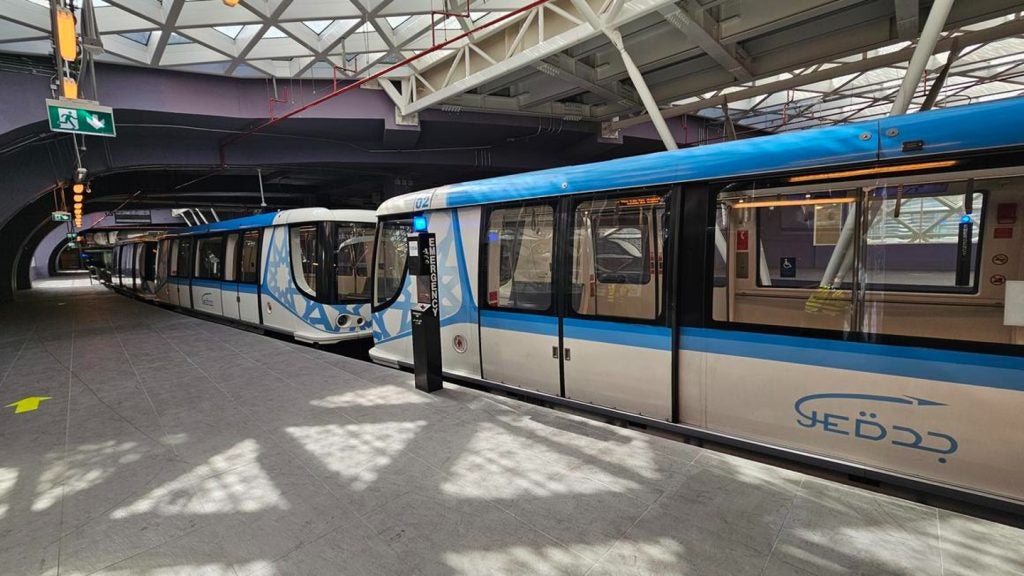The International Air Transport Association (IATA) has advised the Philippines Government to address airport infrastructure deficiencies in Manila, abandon proposals for increased taxation on aviation and adopt smarter regulation principles.
According to IATA, these regulations will help increase the economic and social benefits that aviation can bring to the development of Philippines.
IATA director general and CEO Alexandre de Juniac said: “Aviation is vital to the Philippines. It supports 1.2 million jobs and $9.2bn in GDP. The domestic network binds the country across 7,000 islands. International links keep families and businesses connected, and bring in tourists.
“But the social and economic benefits of air transport are at risk if the key issues of airport infrastructure, excessive regulation and taxation are not addressed.”
The Ninoy Aquino International Airport (NAIA) in the Philippines was built to handle 30 million passengers but is currently handling nearly 40 million passengers and so there is an urgent need for an airport master plan to accommodate the growing demand for connectivity.
IATA noted that as a top priority, immediate proposals should be implemented to improve the runway and terminal capacities at NAIA in order to offer much needed additional capacity until a new airport is ready.
How well do you really know your competitors?
Access the most comprehensive Company Profiles on the market, powered by GlobalData. Save hours of research. Gain competitive edge.

Thank you!
Your download email will arrive shortly
Not ready to buy yet? Download a free sample
We are confident about the unique quality of our Company Profiles. However, we want you to make the most beneficial decision for your business, so we offer a free sample that you can download by submitting the below form
By GlobalDataAdditionally, Clark International Airport should be developed as a secondary, not primary, airport for Manila.
The government was also urged to decide on a site within reasonable proximity of the metropolis where a two-runway airport could be built and expanded.
de Juniac further noted: “There is no time to lose; every landing that cannot be accommodated is lost money and opportunity for the Philippine economy. Siting, designing, building and financing a new airport and the connecting infrastructure can easily be a ten-year project.
“Even the most aggressive possible incremental capacity expansion plan of NAIA will not be able to adequately cope with the growing demand.
“Well-constructed regulation has played a key role in making the industry safe and reliable. But excessively onerous regulation can be a huge burden on the ability of aviation to deliver its social and economic benefits.”
It is reported that last year, airfares in the Philippines were 77% cheaper than a decade before.
Over the same period, the number of destinations served directly from the Philippines increased from 40 to 55, while the number of travellers nearly tripled from 24 million to 64 million.
de Juniac urged the authorities to adopt smarter regulation principles when developing the regulatory framework, which comprises the respect of global standards where they exist, focusing on solving real problems, the ability to pass rigorous cost-benefit analysis, transparent and does not distort competition.




